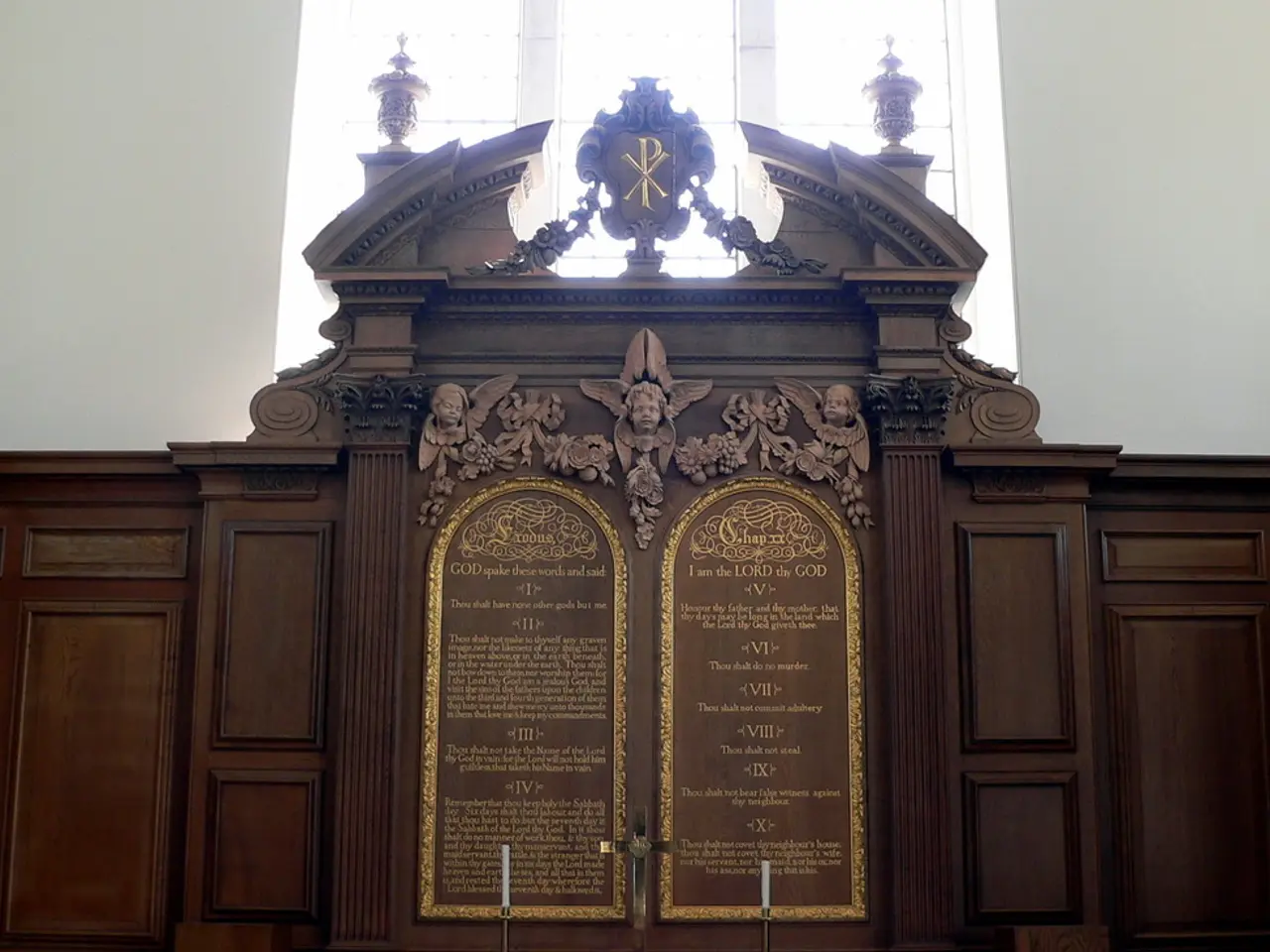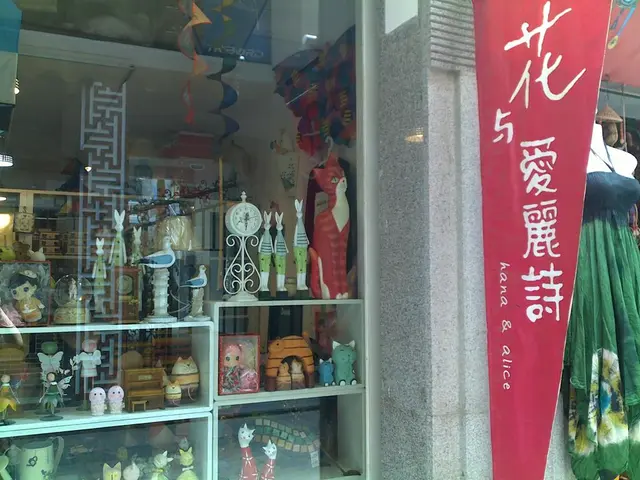Stifling museums could potentially weaken American uniqueness, caution scholars
The Smithsonian Institution, a renowned cultural institution primarily funded by federal funds, is currently facing pressure to alter its focus on difficult subjects like slavery and other controversial aspects of American history.
President Donald Trump, in a post made online in August, directed his attorneys to review the non-profit that runs the nation's flagship, federally funded public museums. The White House's aim is to ensure alignment with Trump's directive to celebrate American exceptionalism, remove divisive or partisan narratives, and restore confidence in shared cultural institutions.
However, museum leaders refuse to retreat. The director of the Two Mississippi Museums, for instance, states that their mission is to tell the unvarnished truth about history. Stevenson, from the Legacy Sites, echoes this sentiment, stating, "We will not retreat one inch, from talking honestly about history, presenting honestly about history." Museum professionals and historians share this commitment to upholding evidence-based narratives.
The Smithsonian Institution oversees over 50 museums, research centers, and libraries with diverse cultural and historical narratives including African American and Native American history. It is valued for its commitment to offering a balanced and comprehensive historical perspective.
Recent surveys suggest that the public shares this sentiment. Even conservative museum-goers, in the majority, favor inclusive programming. Americans and frequent museum visitors recognize and dislike omissions in curation. Minimizing or cutting out so-called "bad" history risks sucking the truth out of America's story and losing compelling pieces of a collective identity.
John Chrastka, executive director of EveryLibrary, believes that owning difficult parts of history has become a global mark of distinction. Countries like the Netherlands, Japan, and Australia are often cited as examples of nations that have faced their pasts head-on, fostering a sense of national unity and respect.
The potential consequences of minimizing difficult or harmful parts of the nation's history could pose a broader potential consequence of "diminishing our stature as a nation on the international stage." This sentiment is shared by many, including those who lean toward more inclusive museum programming.
This pressure can create a chilling effect across the entire museum sector. Local history museums and public libraries may face increased pressure to modify their collections, exhibitions, and programs to fit political agendas.
Despite these challenges, the majority of museum-goers support and want museums to share inclusive programming that tells multiple perspectives and gives a full picture of the country's history. Museums are trusted because they rely on independent scholarship and research, uphold high professional standards, and embrace open inquiry.
The Smithsonian Institution's ongoing review to affirm its "nonpartisan stature" is a testament to its commitment to maintaining this trust. As the debate continues, it is crucial to remember the importance of honesty and inclusivity in shaping our understanding of history.
Read also:
- United States tariffs pose a threat to India, necessitating the recruitment of adept negotiators or strategists, similar to those who had influenced Trump's decisions.
- Weekly happenings in the German Federal Parliament (Bundestag)
- Southwest region's most popular posts, accompanied by an inquiry:
- Discussion between Putin and Trump in Alaska could potentially overshadow Ukraine's concerns








